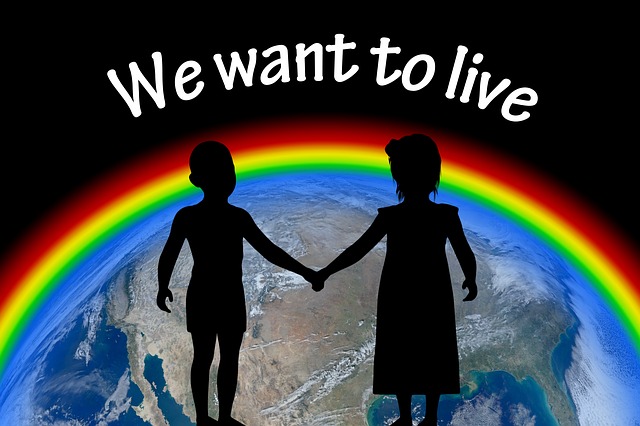Coronavirus News
Coronavirus New video game takes aim at COVID-19 misinformation
University of Waterloo science student Ridhi Patel has developed a ‘quarantrivia’ game to help teach people about COVID-19 and debunk misinformation.Ridhi Patel, a University of Waterloo science student, developed the game COVID-19 Quarantrivia with Dr. Pixel to teach people about the novel coronavirus and debunk misinformation. (Michael Charles Cole/CBC)A University of Waterloo student is helping…

Coronavirus
University of Waterloo science student Ridhi Patel has developed a ‘quarantrivia’ game to help teach people about COVID-19 and debunk misinformation.

A University of Waterloo student is helping to combat COVID-19 misinformation with a little help from an adorable animation called Dr. Pixel.
Science student Ridhi Patel used her basic coding and graphic design knowledge to develop the game COVID-19 Quarantrivia with Dr. Pixel.
She came up with the idea when she suddenly found herself at home in Niagara Falls when the pandemic shut down the Waterloo campus in March.
“The player’s job is to help Dr. Pixel remove this newfound viral particle from Pixelworld,” Patel said. “If you answer enough questions correctly, you succeed by helping Dr. Pixel remove the virus from Pixelworld.”
The online game is simple. People answer a series of trivia questions. Dr. Pixel cheers if you get it right and cries if you get it wrong.
She wanted to create a resource for children but soon realized that people of all age groups were believing misinformation.
“There is a lot of uncertainty that comes with COVID-19 and misinformation in the mix can have devastating effects,” Patel said. “Even if a handful of people can learn something from this game and even take away one fact from this game I think it could make a real difference, and it could really save someone’s life.”

Coronavirus ‘Misinformation is causing real harm’
Tim Caulfield, a University of Alberta professor and the Canada Research Chair in health law and policy, said he thinks the game is a wonderful idea and a fun way to get an important message across. He’s even played the game himself.
“Research tells us that these kinds of strategies can have a real impact,” he said.
“Misinformation is causing real harm. It’s causing deaths. It’s causing injury. It’s causing financial loss. It’s causing bad health and science policy.”
A recent study in The American Journal of Tropical Medicine and Hygiene looked at the COVID-19 “infodemic” by examining information spread on social media and websites. Of the 2,276 text-based claims made online, 82 per cent were false.
The researchers said the misinformation led to racism, including physical attacks of Chinese people, or people harming themselves because they believed myths. There was also a rumour that highly concentrated alcohol could disinfect the body and kill the virus.
“Following this information, approximately 800 people died, whereas 5,876 have been hospitalized and 60 have developed complete blindness after drinking methanol as a cure of coronavirus,” the report says.
Coronavirus Game updated
Patel is keeping the game up to date, countering misinformation as it comes.
The game is updated with the latest information available from the Centers for Disease Control and Prevention and the World Health Organization.
She’s working with Waterloo professor Jozef Nissimov, an environmental microbiologist and aquatic virus ecologist.
In a tweet, Nissimov applauded Patel’s work.
“It is inspiring to see such initiatives being driven and led by self-motivated students at Waterloo on important topics such as COVID-19 and the infodemic we find ourselves in,” he wrote.
As a new study reports hundreds of deaths around the world that were likely due to misinformation about COVID-19, a University of Waterloo student has developed Quarantrivia, an online trivia game designed to make it fun to learn the facts about the coronavirus that causes the illness. 2:03

Subscribe to the newsletter news
We hate SPAM and promise to keep your email address safe



















